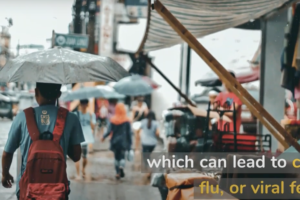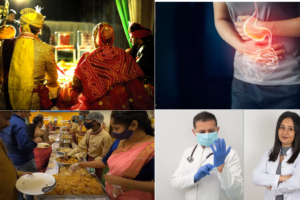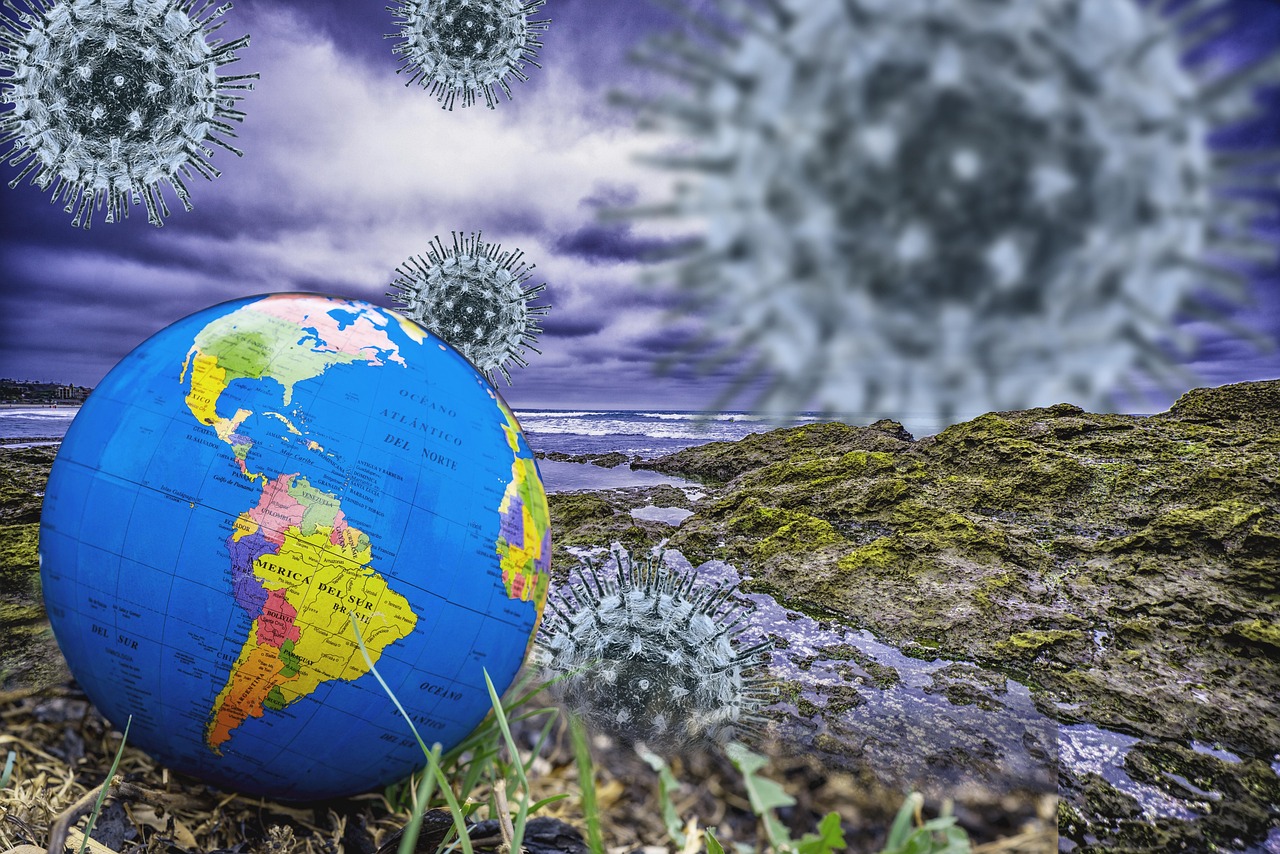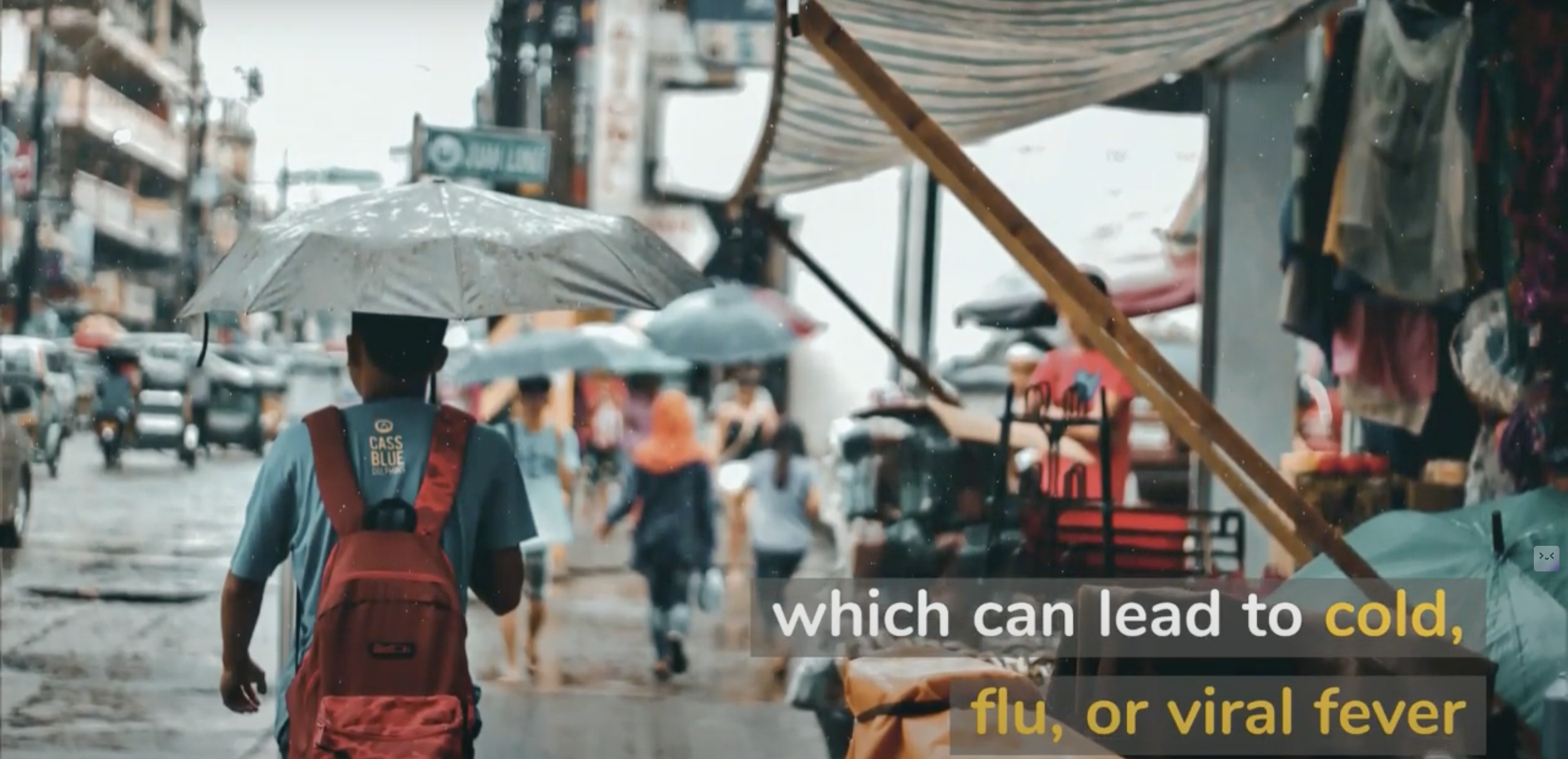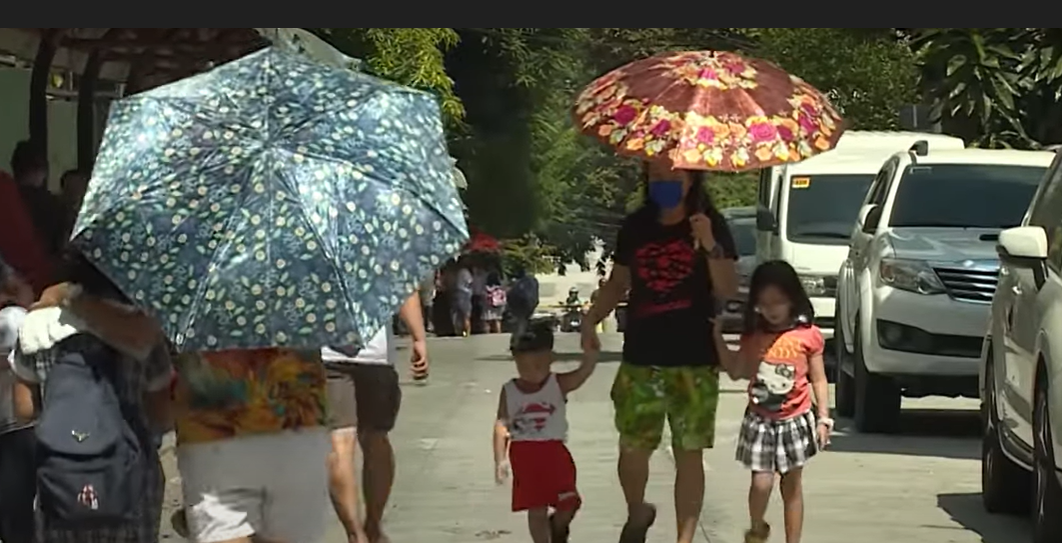As global temperatures steadily rise, we are witnessing the increasing prevalence of extreme heatwaves, leading to the phenomenon now commonly referred to as “Sizzling Summers Threat of Heat Waves on Human Health” These periods of intense heat are not just uncomfortable; they pose significant risks to human health. Worldwide, public health officials are raising the alarm about the dangers posed by excessive heat, prompting communities and health organizations to seek effective preventive measures.
One such supportive entity is JustFindExperts, an organization dedicated to providing expert advice and services for health-related issues. In this blog, we will explore the adverse effects of heat waves on human health and how JustFindExperts can play a pivotal role in mitigating these threats.
Understanding Heat Waves
What is a Heat Wave?
A heat wave is defined as an extended period of excessively hot weather, which may be accompanied by high humidity. According to the World Meteorological Organization (WMO), a heat wave occurs when the daily maximum temperature exceeds the average maximum temperature by 5°C (9°F) or more for an extended period of at least five consecutive days.
Causes of Heat Waves
The primary contributors to the occurrence of heat waves include:
- Climate Change: The ongoing rise in global temperatures due to climate change is a significant factor. Increased greenhouse gases trap more heat in the Earth’s atmosphere, leading to warmer conditions overall.
- Urbanization: Cities with vast expanses of concrete and asphalt absorb and retain more heat, causing the “urban heat island” effect.
- Atmospheric Conditions: Specific weather patterns, such as high-pressure systems, can trap warm air near the surface, not allowing it to escape and causing prolonged periods of high temperature.
Health Impacts of Heat Waves
Immediate Health Effects
- Heat Exhaustion: This condition occurs when the body loses excessive water and salts. Symptoms include heavy sweating, weakness, dizziness, nausea, and fainting.
- Heat Cramps: These are painful muscle contractions resulting from the loss of electrolytes during extreme sweating.
- Heatstroke: This is a severe condition requiring emergency treatment. It occurs when the body’s temperature regulation system fails, leading to potentially fatal levels of body heat. Symptoms include confusion, seizures, and unconsciousness.
- Sunburn: Prolonged sun exposure can result in sunburn, causing redness, pain, and sometimes severe blistering.
Long-Term Health Effects
- Cardiovascular Issues: High temperatures increase the risk of cardiovascular conditions as the heart pumps harder to regulate body temperature.
- Respiratory Problems: Heat waves are often associated with higher levels of air pollutants like ozone, exacerbating respiratory issues such as asthma and bronchitis.
- Kidney Disorders: Dehydration from excessive heat puts a strain on kidney function, increasing the risk of kidney stones and other renal conditions.
- Mental Health: Extended exposure to heat can lead to mental stress, anxiety, and even aggression. Vulnerable populations, especially the elderly and those with preexisting mental health conditions, are particularly affected.
Prevention and Coping Strategies
Individual Precautions
Individuals can take several steps to protect themselves during heat waves:
- Stay Hydrated: Drink plenty of water and avoid alcohol and caffeinated beverages.
- Wear Light Clothing: Choose lightweight, loose-fitting, and light-colored clothing.
- Seek Shade: Limit outdoor activities and stay in cool or air-conditioned environments.
- Use Sunscreen: Apply broad-spectrum sunscreen with a high SPF to avoid sunburn.
- Monitor Health: Be mindful of signs of heat-related illnesses and seek medical attention if symptoms deteriorate.
Community and Structural Measures
Communities and urban planners can implement strategies to reduce heatwave impacts:
- Green Spaces: Planting trees and creating parks can help lower temperatures through shading and evapotranspiration.
- Cool Roofs: Using reflective roofing materials can decrease the heat absorbed by buildings.
- Public Cooling Centers: Establishing cooling centers where people can access air conditioning during severe heat waves.
How JustFindExperts Can Help
Expert Consultations
JustFindExperts provides access to medical experts who specialize in heat-related illnesses. These experts can offer personalized advice on preventing and managing health problems during heat waves.
Community Outreach Programs
JustFindExperts organizes community outreach programs to educate the public about the risks associated with heat waves and effective precautions.
Technological Solutions
JustFindExperts leverages technology to aid prevention and response efforts. Their app can alert users about upcoming heat waves, providing timely advice and reminders to take necessary measures.
Data and Research
JustFindExperts collects and analyzes data to understand the patterns and impacts of heat waves on different communities. This information is used to formulate more effective prevention strategies.
Heat waves are a growing threat to human health, stemming from the broader issue of climate change. Their immediate and long-term health effects can be severe,




